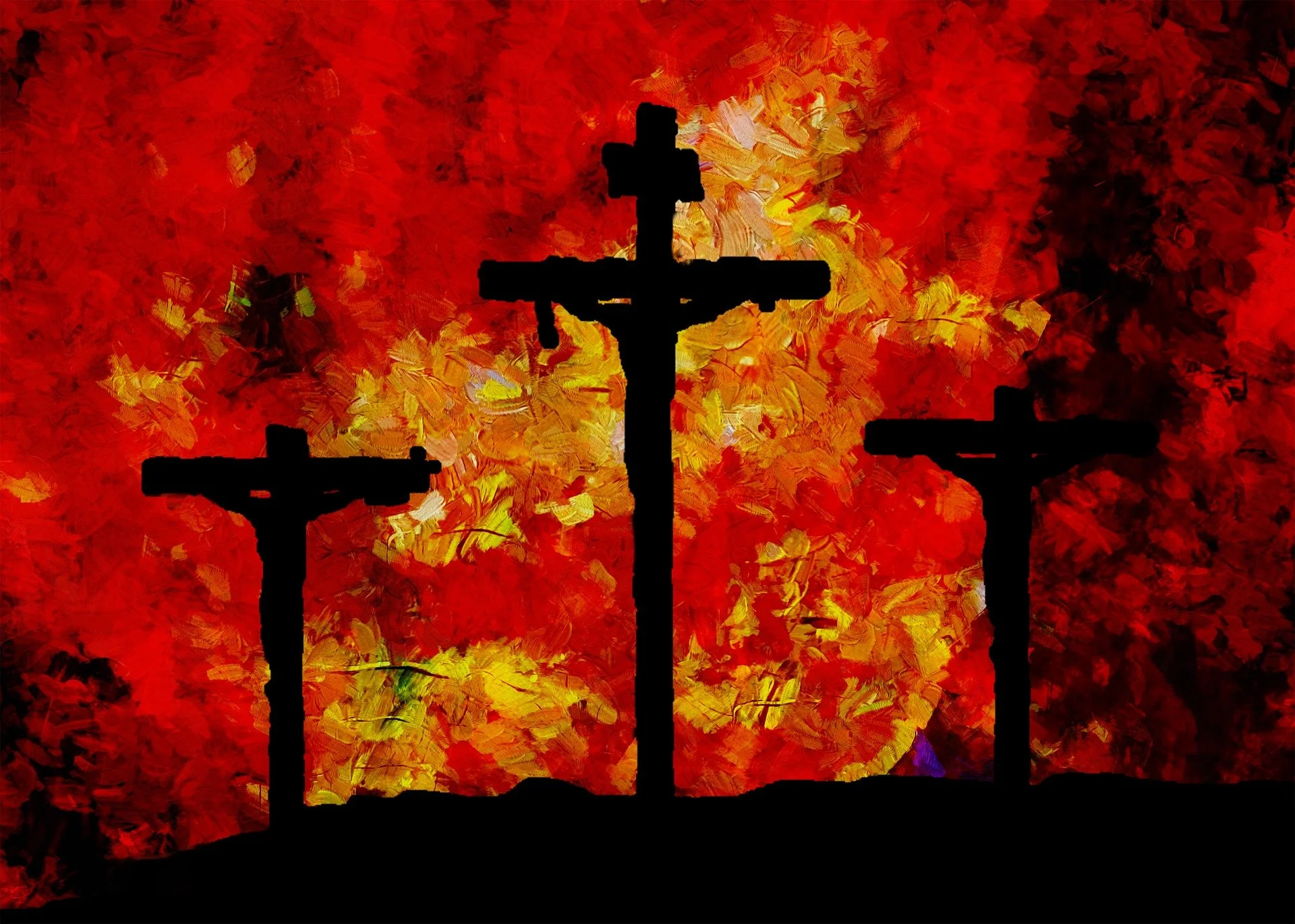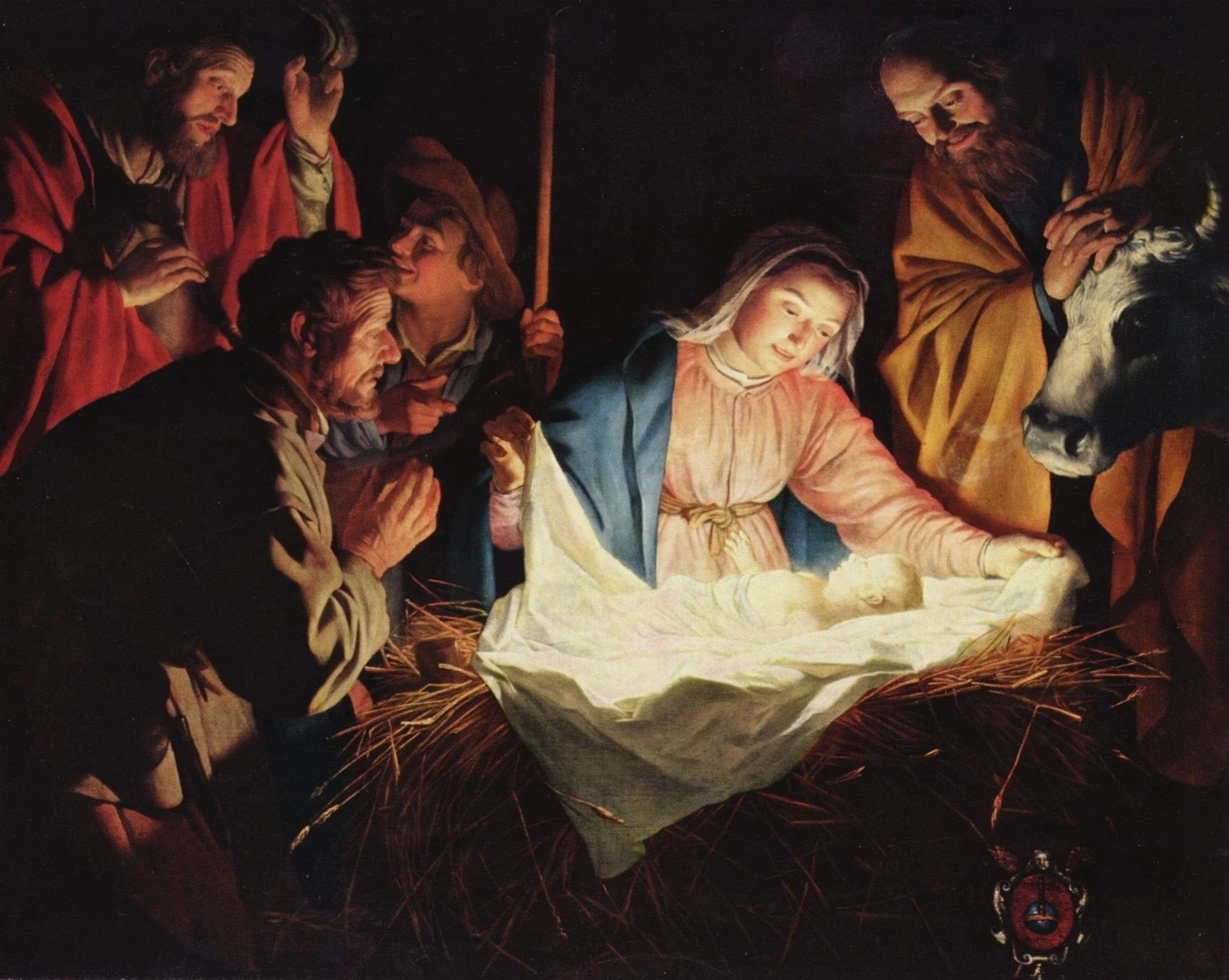Christmas in a Verse: A Look at Isaiah 9:6 - Part 2
This verse from Isaiah 9 rests in the midst of a description of the reign of a coming prince. We believe this passage is a Messianic passage and prophetic of the coming of Jesus and his future reign. He is the child referred to in this verse and the descriptors that follow are describing him.
Since the days are flying by, this week I am going to cover Mighty God, and Eternal Father. Once again let me reiterate these words translated from Hebrew and are as close to the correct meanings as the translators could be. I decided to lump these together since there are some characteristics in common between these names.
Mighty God
While Thor is a mighty god, he is both a small “g” and a fictional character. He cannot help us at all other than to be eye candy for those of us who like to see a muscular man with long blonde hair and a beard, swinging a hammer. Ha, ha. Even Thor had his limitations. He was bound by his flesh, at least when he was on earth, and while he could bring lightning from heaven, and fight without tiring, he wasn’t everywhere present and could not save people from the greatest enemy of all, sin. Move over Thanos, sin is responsible for wiping out entire populations due to its end result, death.
BUT JESUS! Jesus is the great warrior prince. He has a legion of warriors at his right hand and he merely needs to think and it will be done. He is the King of Kings, and the Lord of Lords. He met the enemy head on when He died on the cross, walked into hell and took the keys of death away from Satan, then He came out of the grave. He didn’t need a hammer, or a staff, or a spear. He worked in tandem with His Father and the Holy Spirit to give every single soul on this planet the ability to live…eternally. Not only is He God with a big “G”, but He is the Mighty God.
“The Mighty One, God, the Lord, has spoken, And summoned the earth from the rising of the sun to its setting.”
“Who is this who comes from Edom,
With garments of glowing colors from Bozrah,
This One who is majestic in His apparel,
Marching in the greatness of His strength?
“It is I who speak in righteousness, mighty to save.””
Eternal Father
Image by Sandra Hak from Pixabay (AI Generated)
Most of you are probably familiar with the term Father Christmas as a reference to Santa Claus. Father Christmas started in the English tradition in the 15th century and was a personification of the Christmas spirit. This eventually became what we now know today as Santa Claus. Once again we have a fictional being who embodies the ideal of a father who cares for and tends to his children. While Father Christmas has been around for a long time, he is not eternal. Even if we push the boundaries and say he is spirit, his formation has a place in history. In addition, Father Christmas, or Santa Claus might have a pure heart wanting to promote the ideas of love and generosity all throughout the year, he is still limited. He cannot change a person’s heart. He cannot take the addict and make them clean. He can give money, toys, clothes, food and more, but still the darkness of poverty, despair and loss continues.
Our Eternal Father is just that. He had no beginning and will have no end. In the book of Revelation, the final book, and the final word on what God’s judgement will look like for this world, we see God proclaim of Himself:
“I am the Alpha and the Omega,” says the Lord God, “who is and who was and who is to come, the Almighty.”
“Then He said to me, “It is done. I am the Alpha and the Omega, the beginning and the end. I will give to the one who thirsts from the spring of the water of life without cost.”
“ I am the Alpha and the Omega, the first and the last, the beginning and the end.”
Remember our series in Romans 8, where we discussed verses 15 - 17?
“15 For you have not received a spirit of slavery leading to fear again, but you have received a spirit of adoption as sons by which we cry out, “Abba! Father!”
16 The Spirit Himself testifies with our spirit that we are children of God,
17 and if children, heirs also, heirs of God and fellow heirs with Christ, if indeed we suffer with Him so that we may also be glorified with Him.”
Our adoption into the family of God made us His children. We are no longer slaves to sin, and death. Remember, Jesus walked into hell and took the keys? Our Eternal Father gives us access to everything in His kingdom. He’s not only the best dad ever, He’s there forever.
I hope you are enjoying this look at the names of Jesus as seen in Isaiah 9. Next week, even though it is after Christmas I will discuss the Prince of Peace, and why it is even better to meditate on this name after the holidays are over.
Merry Christmas!













